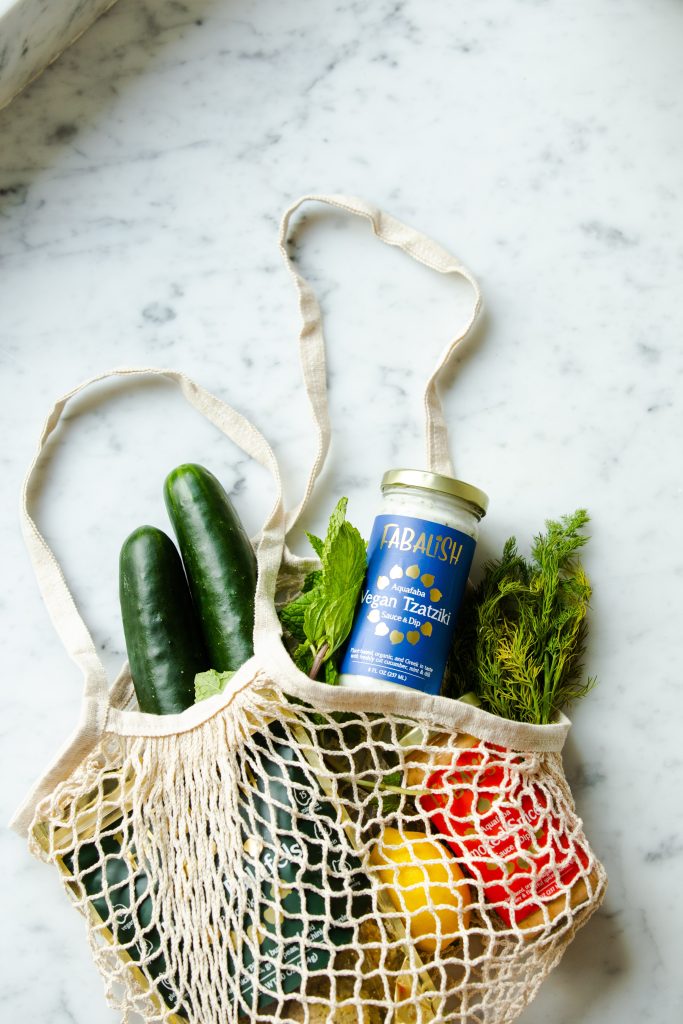
Thea Drake
When you think of how you can be sustainable, you probably imagine recycling your rubbish, not littering, and trying to use less plastic, but you might not think that one of the biggest ways we can be sustainable is by changing our diet.
All aspects of food production contribute to the emissions that are causing climate change. The planet we live on and depend on is suffering because of the way we eat. If we all chose to eat less animal products, it could have the impact needed to save our planet. Research has shown that by reducing consumption of animal products, we can cut down on the impact that we have by reducing the energy required, land and water used, pollutants produced, and overall greenhouse gas emissions.
The impact of the meat industry
Greenhouse gas emissions – Animal production is the single biggest contributor to greenhouse gas emissions. The Food and Agriculture Organization estimates that around 14.5% of the gases emitted are from animal production.
- within this, beef is by far the worst making up 41% of these emissions. Cows release methane, which is a greenhouse gas. In addition to using cows for their meat, we use them for their milk too; they have become indispensable to our diet as we consume large amounts of dairy every day.
Water footprint – The production of beef also uses vast quantities of water, meaning their water footprint is huge.
Water footprints consist of three parts;
- The green water footprint (consumption of rain water);
- The blue water footprint (consumption of surface and groundwater); and
- The grey water footprint (pollution of surface and groundwater).
Deforestation – The biggest reason for deforestation is the need to grow crops to feed the animals that we later consume. Greenpeace Unearthed recently did an investigation into the cutting down of a forest in Cerrado, Brazil, in order to plant soybeans for chickens to eat. The chickens that were fed this soybean ended up in the UK in Tesco, Asda, Lidl, Nandos and McDonalds. This shows how what we eat in the UK has an impact in countries many miles away from us.
Freedom – A massively disproportionate 60% of all mammals are livestock, with humans making up 36% and only a mere 4% being wild animals. Humans have transformed the way animals exist, purely to serve as food and nothing more, stripping them of their freedom.
Fishless oceans – It has been predicted that by 2048 we will have fishless oceans if we continue to consume them in the way that we currently do. As a result of overfishing, pollution and climate change, the biodiversity of the oceans is rapidly declining.
Treatment of animals – Arguably one of the most important and evident reasons to reduce meat consumption is the cruel treatment of the animals we consume.
What can you do?
- Be conscious – think about your food; when planning for the week ahead try to have some veggie options as well as meat. (It’s not just good for the planet, it’s good for you too!)
- Buy stock that’s seasonal and local – this means that the food hasn’t travelled long distances and you can also help your community.
- Observe – packaging will often tell you where the produce is from so keep in mind that food imported from far away means a bigger carbon footprint.
- Educate yourselves – there are many documentaries about eating sustainably, as well as documentaries that show you the raw truth of the suffering of the planet and what your impact is on it. Recently sir David Attenborough has got involved, with his documentary A Life on Our Planet, which shows the real life that we are heading towards if nothing changes.
I’m not asking you to go cold turkey, fully vegan and not consume any animal products ever again. I’m only asking that you perhaps take one or two days out of your week where you don’t consume animal products, like a meatless Monday for example. If everybody adapted their diet even slightly, the impact would be monumental.
Being vegetarian, or even flexitarian isn’t about eating healthy food that tastes gross, it’s about eating food that makes you feel good, as well as making the planet feel good too. There are so many vegetarian alternatives to meat which taste just as good and do far less damage, like moving mountains burgers which are arguably my favorite and taste exactly like their beef counterparts. I expect that many people can accidentally eat vegetarian or vegan just by coincidence; it really isn’t as hard as you might imagine!
Veggie inspo
Here’s some Instagram accounts that provide recipes and inspiration for you if you don’t know where to start:
@netocraves – makes the MOST amazing looking food, especially pasta dishes!
@earthlinged – also has a YouTube channel with lots of information about veganism.
@madeleineolivia – provides plant-based recipes as well as tips for living sustainably.
@minimalistbaker – lots of mouth-watering sweet treats that are simple to make.
@hotforfood – makes the most delicious looking food, this Instagram always makes me hungry.
